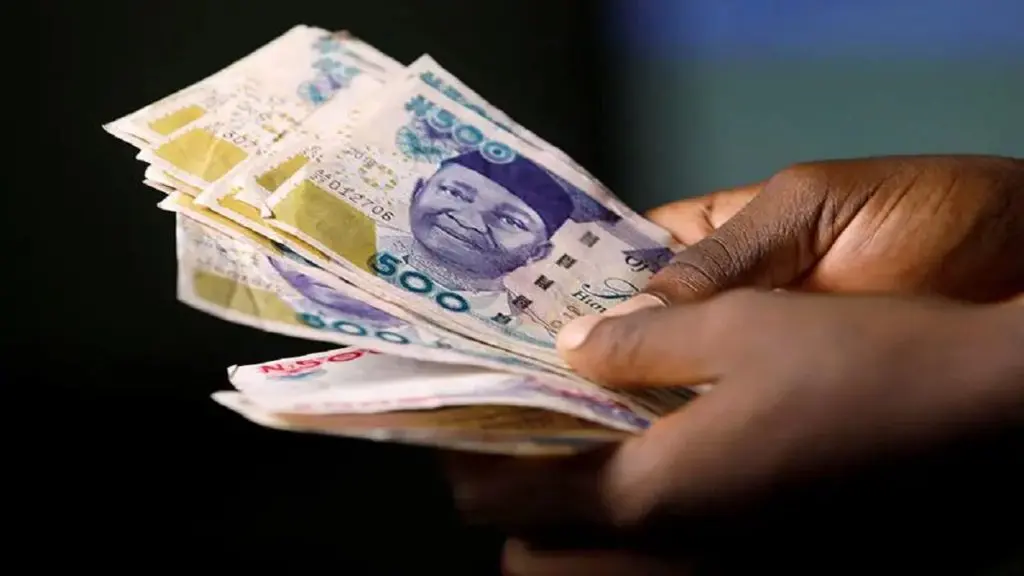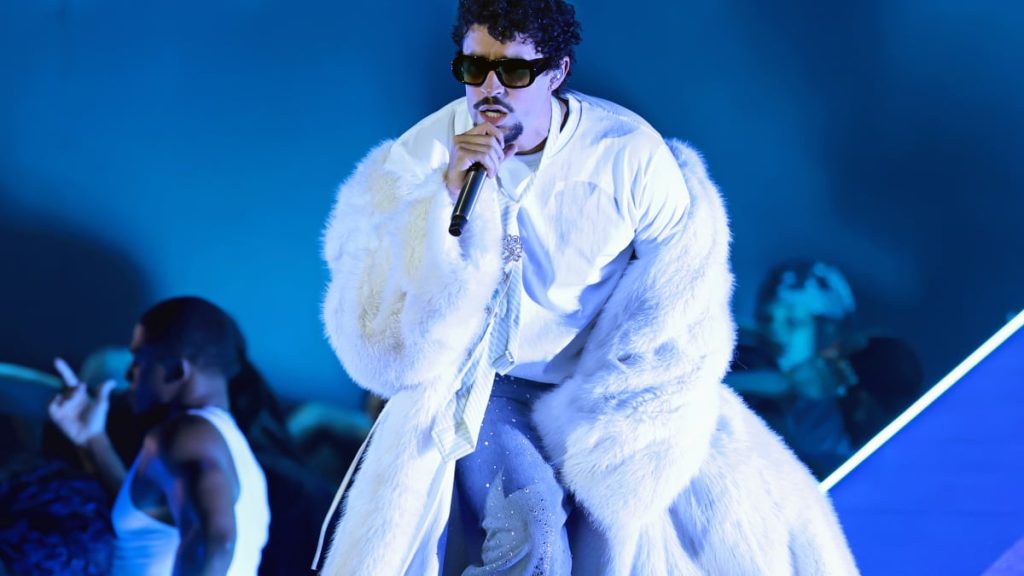El Salvador’s Bitcoin Experiment: A Gambit with Mixed Results
El Salvador’s bold attempt to make bitcoin a legitimate currency has yielded mixed outcomes, with some entrepreneurs embracing the digital coin, but most Salvadorans remaining sceptical. Three years on from President Nayib Bukele’s decision to bank on bitcoin, some entrepreneurs have reaped unexpected benefits, while the bulk of the population remains unreceptive.
Napoleon Osorio, a taxi driver, is one notable exception. He credits his success to Bukele’s decision, which Osorio believes changed his life. "Before I was unemployed… and now I have my own business," he said, proudly charging fares in bitcoin and managing a car rental company using the cryptocurrency.
Osorio is not alone. My First Bitcoin, a NGO, has encouraged many El Salvadorans to adopt the digital currency. John Dennehy, the group’s founder, played a key role in convincing Osorio to accept bitcoin payment. Today, Osorio has 21 drivers under his Bit-Driver brand and has profited so much that he can invest in four rental vehicles, no longer struggling to make ends meet for his education expenses.
However, reality has been far from euphoric for most citizens. According to the Institute for Public Opinion, just 12% of El Salvadorans have adopted bitcoin, with 88% remaining uninterested. Dr. Laura Andrade, the institute’s director, bluntly stated, "From the beginning… it was clear that it was clearly an ill-advised measure that the population rejected."
Bukele conceded that widespread adoption has yet to materialize, claiming that the option remains for those willing to take it. "You can pay with bitcoin at a McDonald’s, a supermarket, or a hotel," but the reality is that barely 1% of transactions have been made in this manner.
Despite the struggles, Bukele remains committed to his vision, attributing the lack of interest to fear and uncertainty about the new technology. He has invested hundreds of millions in taxpayer money in the currency, despite warnings from the International Monetary Fund (IMF) about volatility risks.
The IMF eventually relaxed its stance, announcing a preliminary loan agreement with El Salvador, pending mitigation measures for potential risks. But independent economist Cesar Villalona believes Bukele’s own actions hold the key to bitcoin’s limited adoption. "Stripping bitcoin of its classic functions, such as pricing, salaries, and saving, took away the true essence of money," he argued.
For those genuinely interested in embracing the currency, the biggest hurdle has been fear of the new and unfamiliar. Luis Contreras, an instructor with My First Bitcoin, echoes this sentiment, citing two main obstacles: fear of new technology and fear of leaving traditional currencies behind.
As El Salvador’s experiment nears its third anniversary, the jury remains out. While some entrepreneurs have secured success, the majority remain wary. The fate of this bold gamble hangs precariously in the balance, as the world eagerly awaits the outcome of a unique experiment in the midst of a rapidly evolving monetary landscape.



